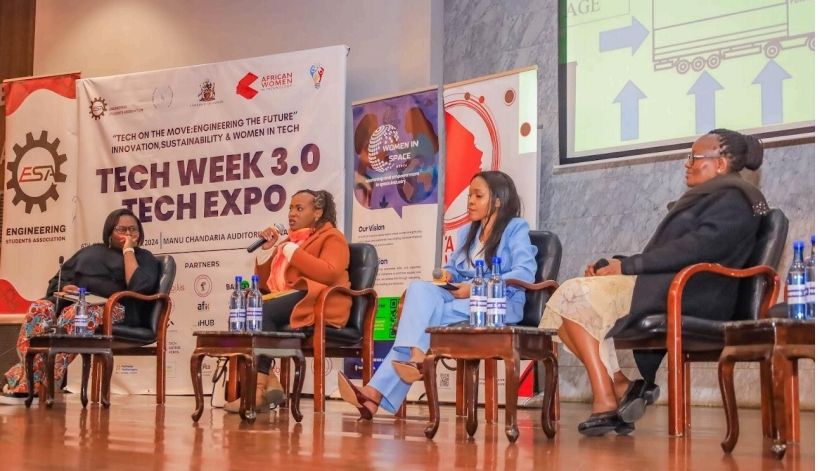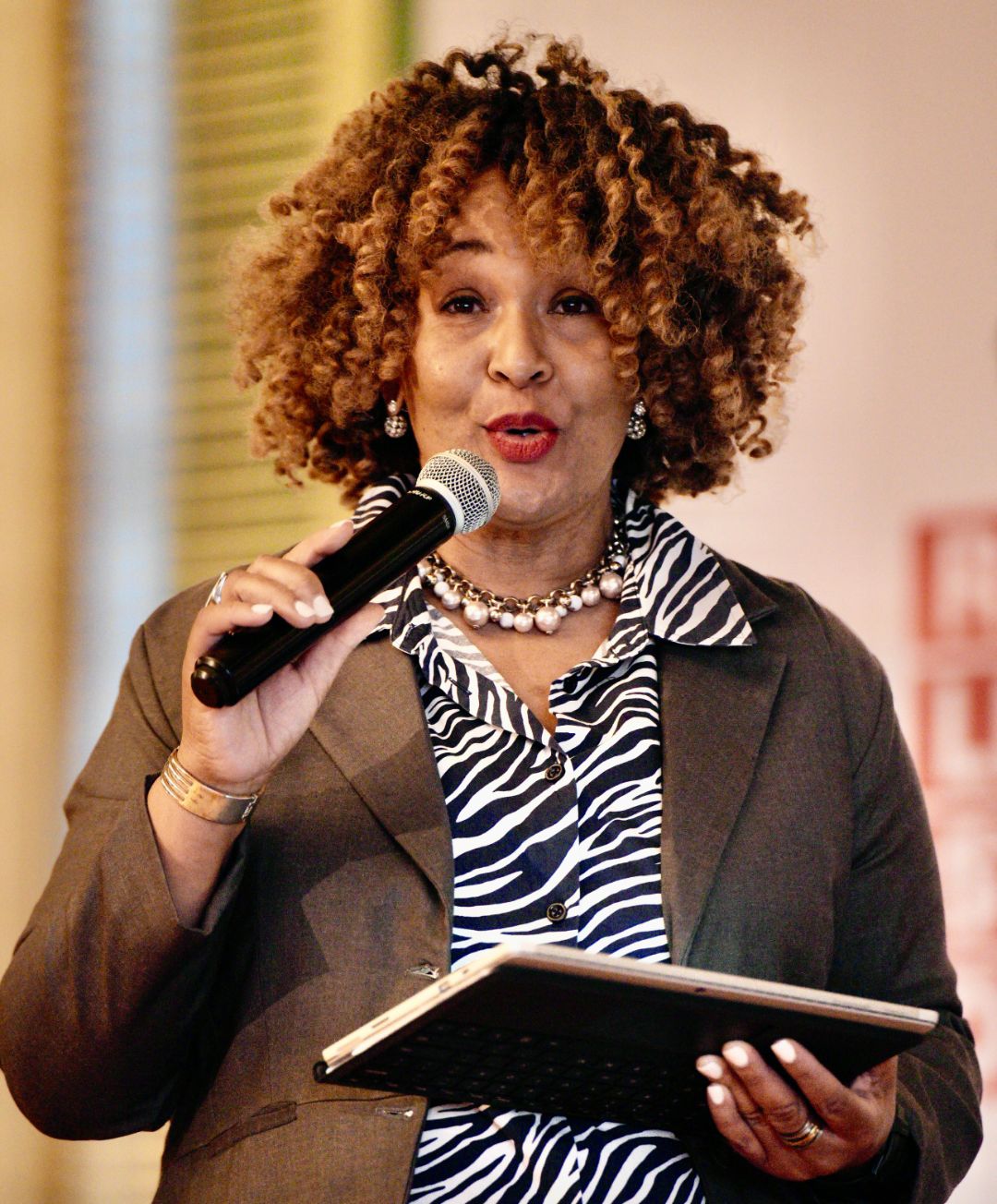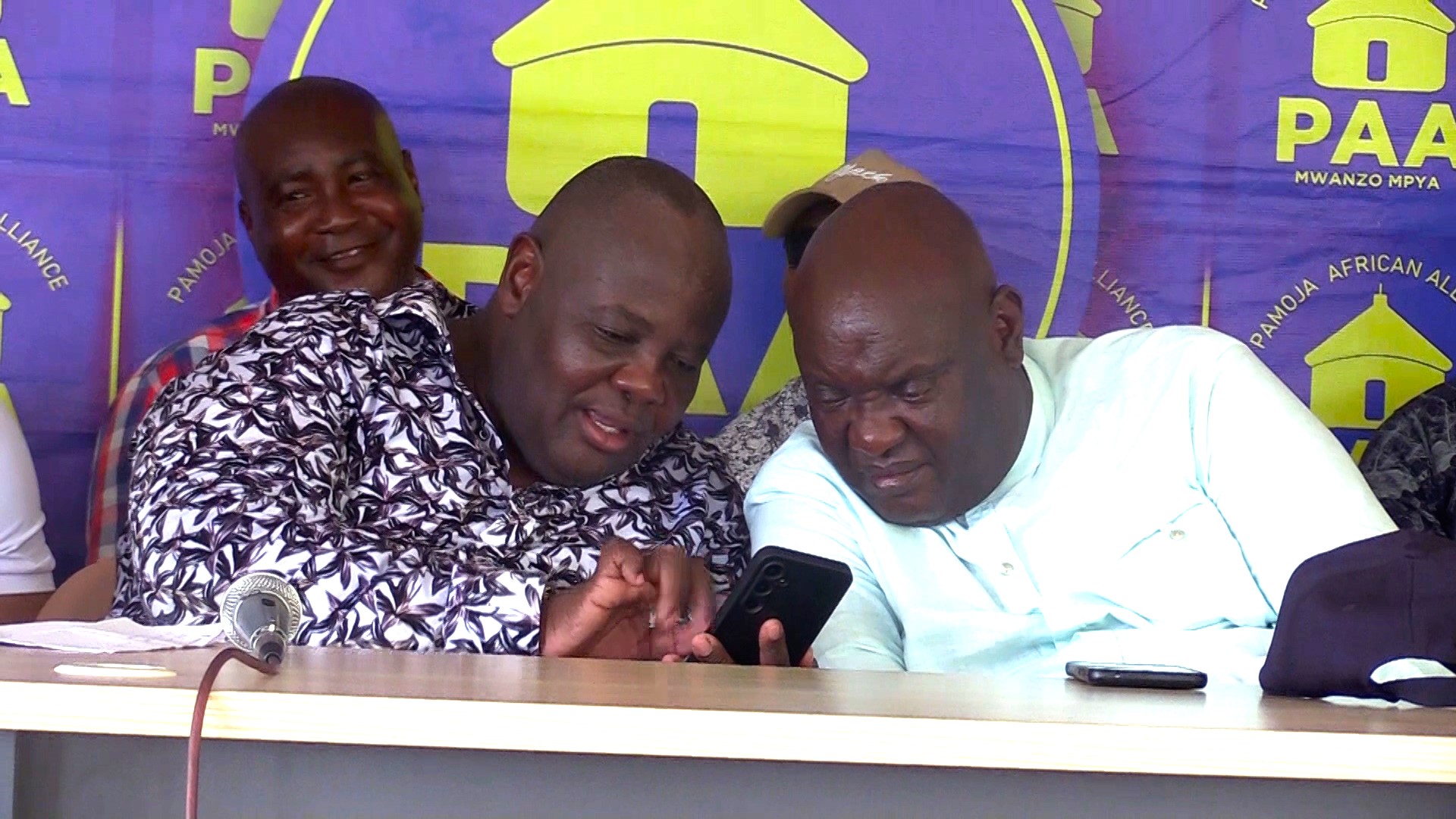How Sisal Has Transformed Donkey Lives In Mt Elgon
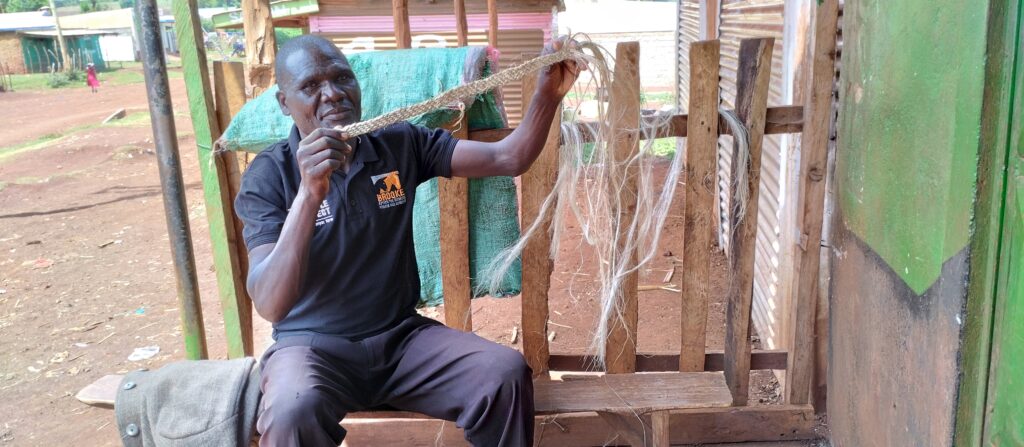
By Isabella Maua
Located about 66.5 km from Bungoma town is Kaboywo, a remote area located on the furthest
eastern side of Mt. Elgon that serves as a boundary between Trans Nzoia and Bungoma counties.
Here, we go deeper into the forest, and in his quiet and serene backyard, we find about 50-year-
old Nathan Ngeywo, a donkey farmer and a pacesetter (a person who makes donkey ropes and
harnesses).
At his age, Ngeywo poses as an energetic and rather determined person whose life he has
dedicated to improving the welfare of Africa’s most precious but underrated beast of burden.
He spoke to The Times Newspaper on his adventurous journey from a simple donkey farmer to a
now-renowned pacesetter in the Mt. Elgon region.
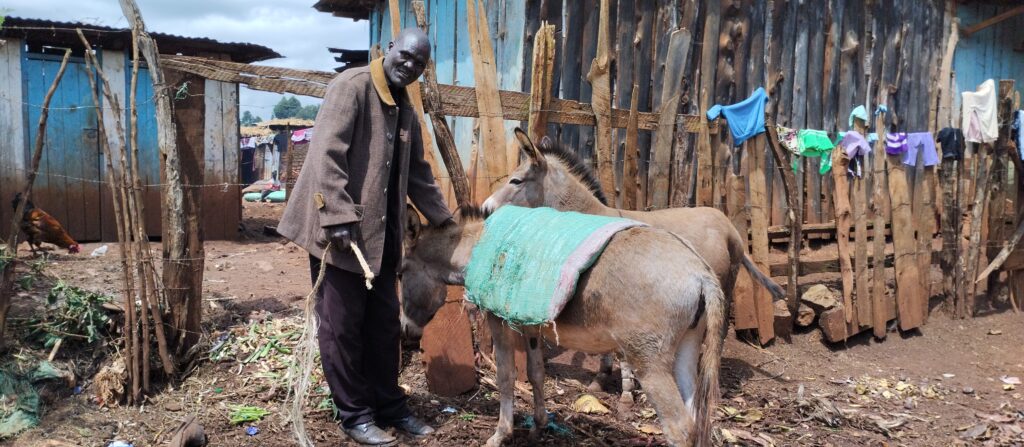
“I started working with the ‘Send a Cow’ organization about seven years before it later rebranded
to ‘Ripple Effect’ and we were taken to Homabay for training on how to weave ropes and
harnesses that are donkey-friendly,” narrated Ngeywo with nostalgia.
He explains that at first they used an oval back mat, which proved uncomfortable to the donkeys
of Mt. Elgon because of their difference in stature from the ones of Homabay.
“Not only are our donkeys a little bigger, but also our terrain is very rugged, hence the need for a
square mat to cover their ribs well rather than an oval one,” reiterated Ngeywo.
Nonetheless, Ngeywo did not sit on his knowledge; he decided to share it with about 50 other
donkey farmers and enthusiasts so as to also improve their living standards and donkeys’
wellbeing.

“So far, I’ve taught these weaving skills to 30 women and 20 men whom I’ve challenged to go
forth and teach others too,” he divulged.
On a good week, the pacesetter projects to earn around 1200 Kenya shillings from selling out his
one woven back mat and about 5 ropes; a rope goes for 200 shillings and is woven in at least 2
days, with one back mat taking about a week and going for 150 shillings.
Ngeywo added, “I’m also a member of the Tunza punda akutunze self-help group with more than
25 farmers whom I challenge to utilize the knowledge we have to better our lives.”
Francis Simotwo is an apprentice student who graduated as an expert pacesetter after learning the
skills from Ngeywo.
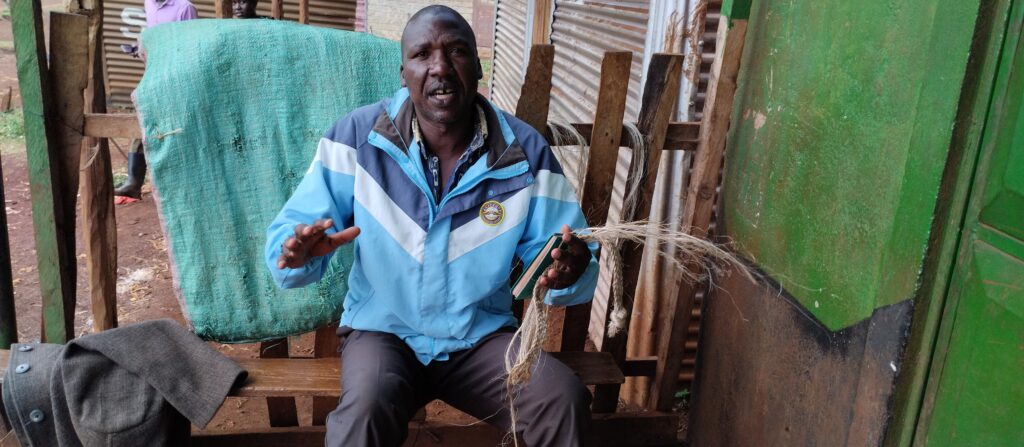
“I knew Ngeywo when he came to my home to check on my donkeys after attending a training in
Homabay; he sold me a mat and two ropes besides teaching me how to handle my two donkeys,”
explained Simotwo.
He further points out that the normal rope they were using could hurt the donkey’s hide or neck
and wasn’t as durable as the modern sisal one he got from Ngeywo.
After being his loyal customer, Ngeywo saw it best to teach Simotwo how to make harnesses,
and as his principle demanded, he challenged him to share the same skill with others.
In his experience, Ngeywo has expanded his territories to many other areas of Mt. Elgon, like
Kaptama, Cheptais, Kopsiro, and even Gituamba in Trans Nzoia County.
Though the availability of sisal is the greatest challenge, Ngeywo advises farmers to be keen on
using the woven ropes, which are 10 meters long, a favorable length for tethering too.
For his future plans, Ngeywo foresees a donkey-friendly environment where the beasts of burden
are well appreciated and healthier.
“I’m proud of my donkeys and my pace-setting job; through it, I’ve educated my children, built a
decent home, and started poultry keeping to leverage my income,” noted Ngeywo.
A tour around the area depicted healthy and clean donkeys who were free of wounds inflicted by
manilla ropes or heavy luggage that hurt their ribs, necks, or shoulders, thanks to the efforts of
pacesetters like Ngeywo and Simotwo.

“Nowadays, seeing a wounded donkey or a limping one is a thing of the past; many of us are
purchasing these harnesses and using them effectively for sustainability,” expounded Simotwo as
he took us around the village.
Characterized by hilly, mountainous, and rugged terrain, the only reliable source of transport in
Mt. Elgon’s most remote areas are the domesticated equines, who deserve more than just some
grass and water for survival because of their loyalty to humans.

